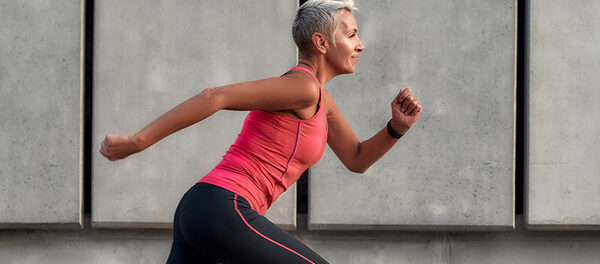Is it Exercise That Unlocks Human Longevity?

Parents who drop their kids off with Grandma while they work the late shift know: old age comes with a hidden benefit for our species that is very much to our evolutionary advantage. Our elders both care for and teach the young how to survive. Now, a team of evolutionary biologists has a theory to explain humans’ remarkable longevity.
Humans typically hang around for a few decades after we’re done with reproducing. We’re not the only creature that does this — orca whales do it, too — yet very few other animals live beyond their reproductive prime as we do, a distinction that has perplexed scientists.
In a perspective article titled “The Active Grandparent Hypothesis,” published last week in the Proceedings of the National Academy of Sciences, evolutionary biologists and biomedical researchers from Harvard University lay out two theories as to why the physical activity may fuel this longevity. The work suggests humans can capitalize on this evolutionary benefit by staying active throughout their lives and taking regular exercise.
Excerpted from Inverse













